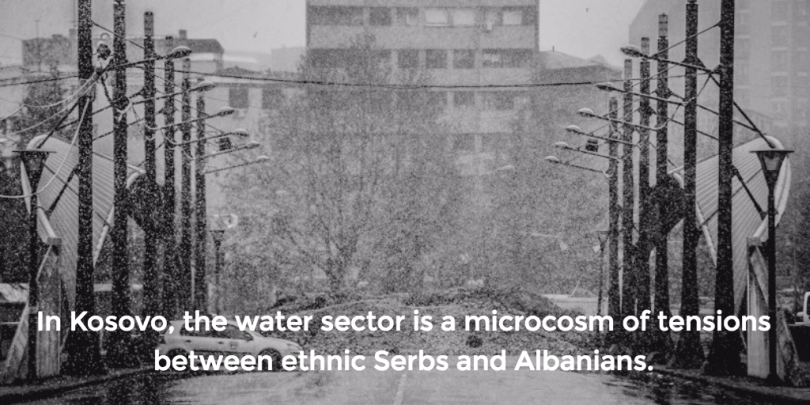Rivers have shaped the Western Balkan Peninsula’s characteristic landscape and played an important role in its history. Following the violence of the Yugoslav secession wars in the 1990s and the creation of six new nations, the number of transboundary river basins doubled from 6 to 13. In Kosovo, where independence remains a question, the water sector is a microcosm of tensions between ethnic Serbs and Albanians. The challenge of water resource management exists not only over the province’s contested national boundaries with Serbia, but between divided ethnic groups within the territory.
In recent research published in Cooperation and Conflict, I show how the international community, choosing a highly technical approach to reconstruction of the Kosovo water sector after the conclusion of violence, has frequently clashed with political realities in this landlocked and disputed territory. The United Nations Interim Administration in Kosovo (UNMIK), which assumed trusteeship of the territory in 1999 until it was replaced by a European Union mission in 2008, was caught in continuous tension between technical ideals and the limits of what politics would allow. Empirical analysis shows UNMIK’s handling of the water sector in fact impeded the peace process.
Read on at New Security Beats the blog of the Wilson Center’s Environmental Change and Security Program.
